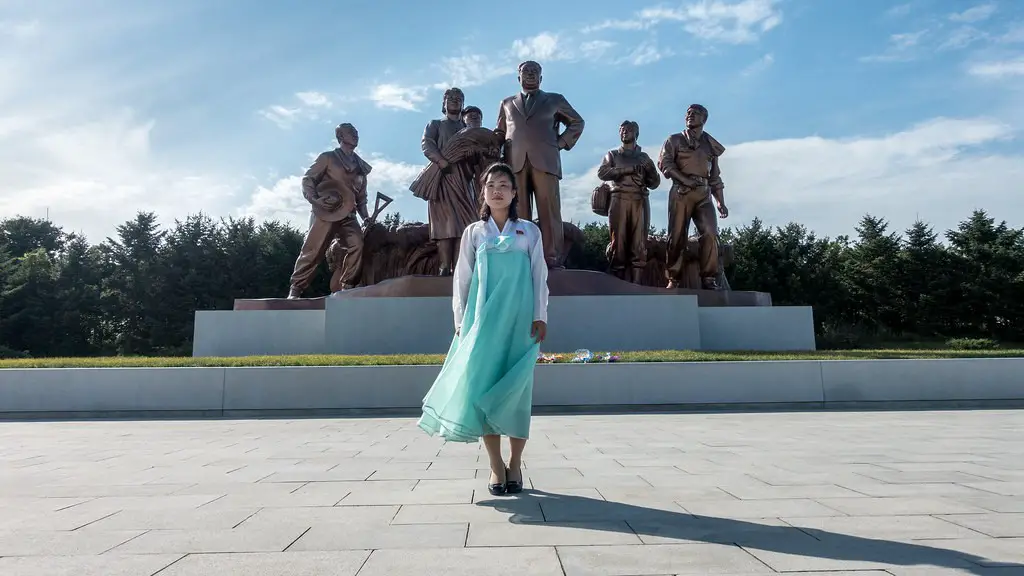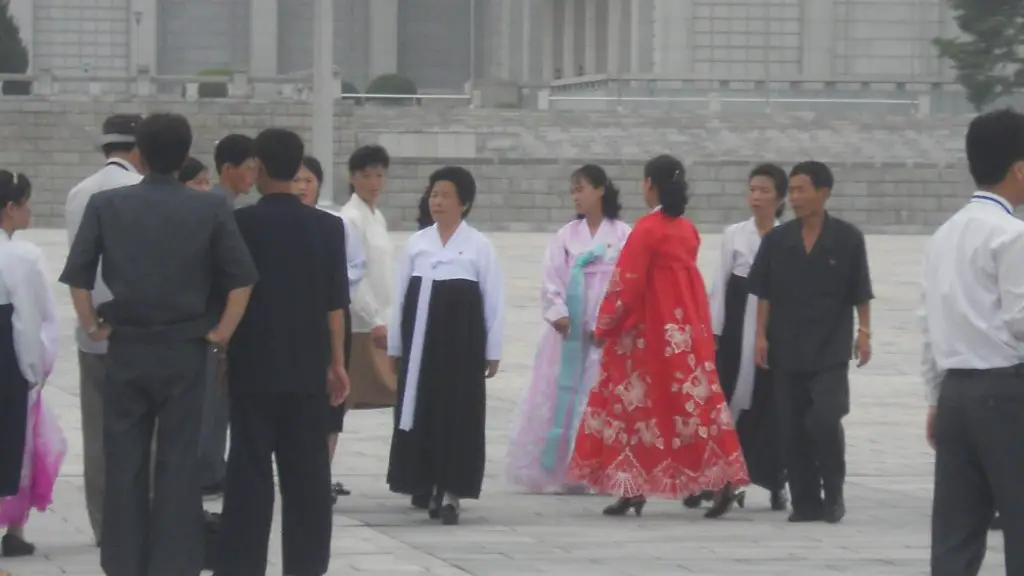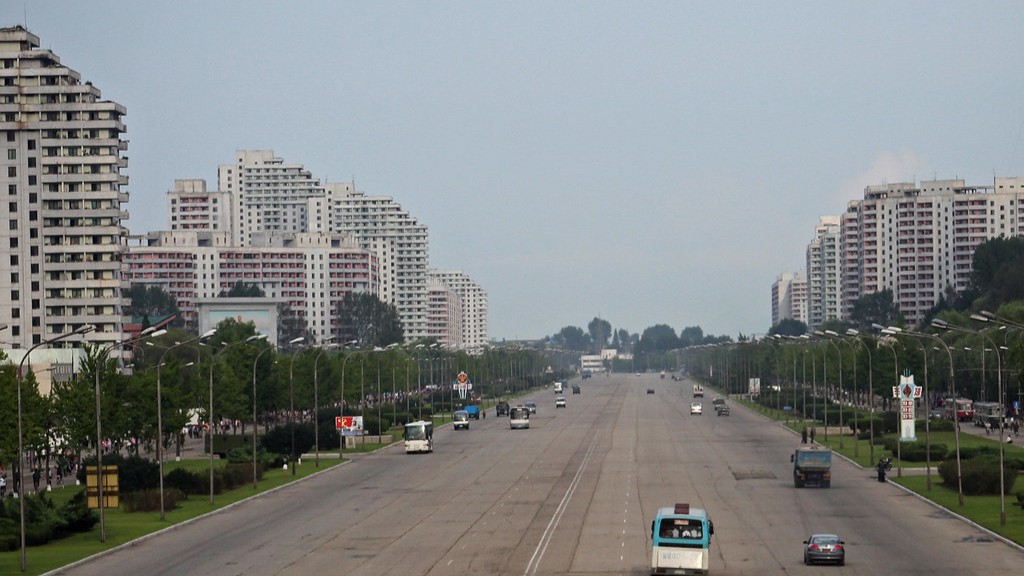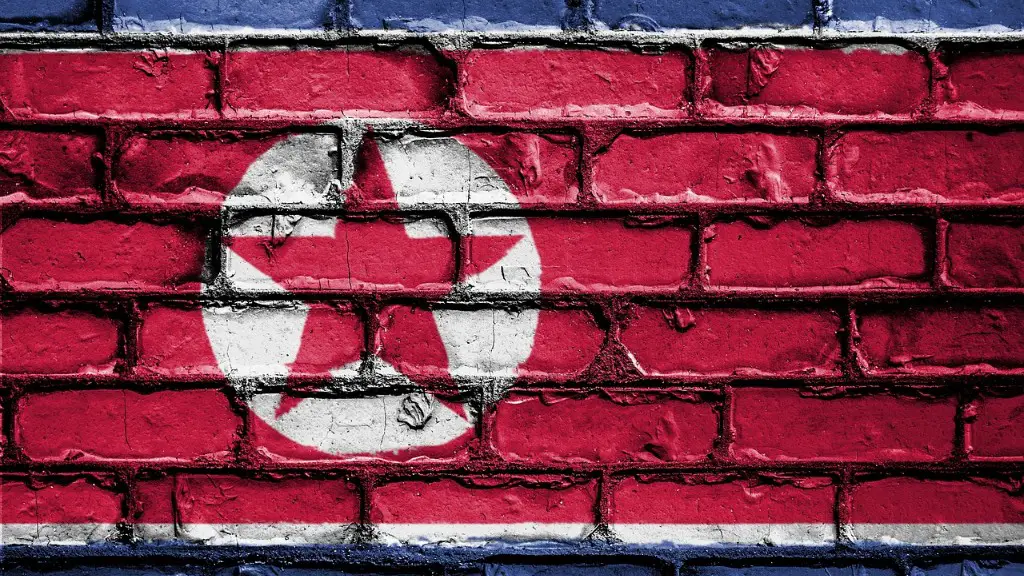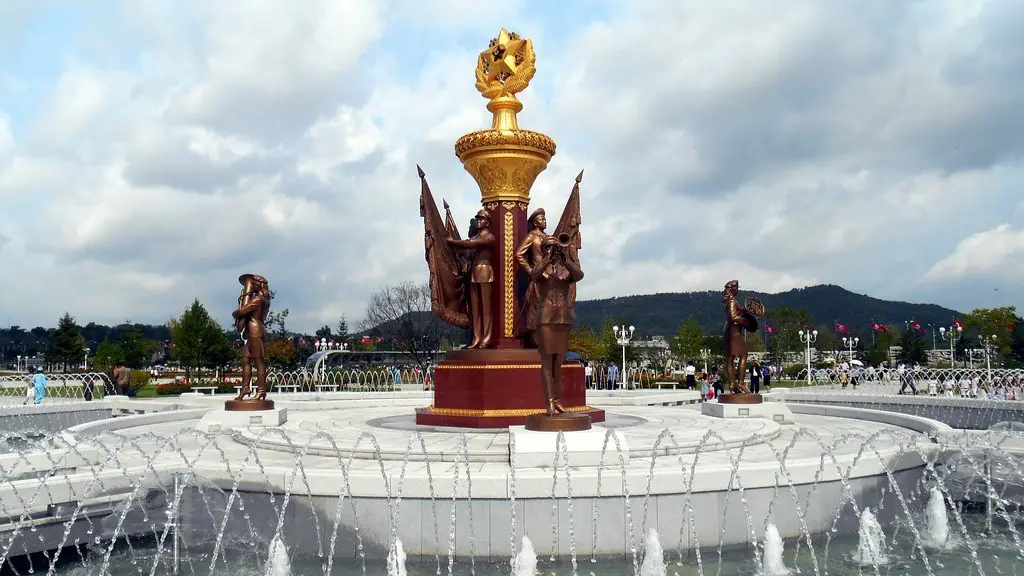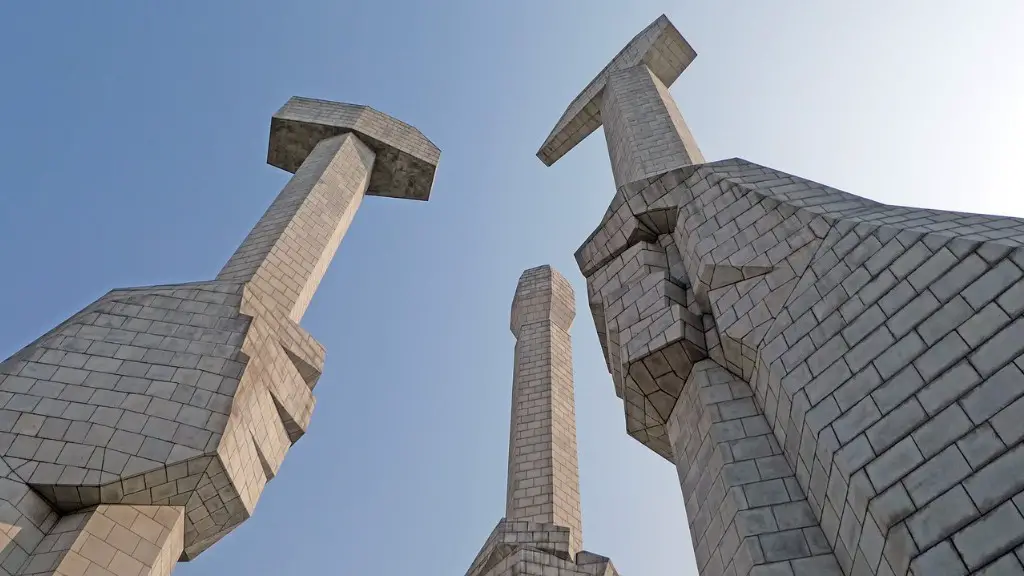North Korea Nuclear Program
North Korea has been developing its nuclear program since the 1980s, and in the early 21st century it became a potential nuclear threat. The country has continued to progress its progress with regular missile and nuclear tests, and has now developed a nuclear weapon capable of reaching the United States. In response to North Korea’s increasingly aggressive behaviour, the UN Security Council has imposed a series of sanctions, but these have had little effect in deterring the regime.
In 2017 — after the US had imposed its own set of economic sanctions on the country — then-President Donald Trump warned that the US was willing to use “fire and fury” against North Korea if it launched a nuclear attack. This was seen by many observers as an excessive threat and has added to the international tension around the Korean peninsula.
The prospect of North Korea launching a nuclear weapon is a terrifying one. If the regime were to do so, the consequences could be dire. According to the International Atomic Energy Agency, North Korea has an estimated 20-60 nuclear weapons, which could be delivered by an intercontinental ballistic missile (ICBM). It is estimated that these missiles could reach targets up to 8,000 km away, leaving the US, Europe and Asia all vulnerable.
The acute impact of a nuclear attack would likely include destruction of buildings, infrastructure and loss of life in the immediate area. There could also be long-term health effects caused by the radiation, as well as widespread destruction of the environment. It is also possible that the attack could trigger a wider conflict and have devastating global economic consequences.
The US and South Korea have worked together to try to persuade North Korea to abandon its nuclear ambitions. South Korea’s approach has been to engage in dialogue, while the US has adopted a more hardline stance, imposing sanctions and issuing threats. However, neither of these approaches appears to have had any success in changing the North Korean regime’s attitude.
Experts have warned that the current state of affairs could lead to a nuclear conflict, and while the situation is constantly evolving, the prospect of this happening is looking increasingly likely. However, it is important to remember that all political crises can be resolved peacefully and it is the responsibility of the international community to do whatever it can to prevent a nuclear attack.
Risk of Conflict Escalation
One of the key concerns surrounding a potential North Korean launch is the risk of rapid escalation of the conflict, resulting in a war that could incorporate nuclear weapons from other countries. In the worst case scenario, this could result in a world war with devastating effects.
The US Defense Department has released a number of plans for “limited” strikes against North Korean military installations in the event of a nuclear strike. Such a strike could be prompted by North Korea launching either a single missile, or a barrage of missiles. However, a limited strike would open up the possibility of the conflict escalating to a far wider scale.
Military experts also warn that any attack on North Korea could provoke retaliation in kind, resulting in an extended exchange of nuclear strikes that could affect countries around the world. Given the proximity of other countries to North Korea, such as Japan and South Korea, such a conflict could have catastrophic consequences for an entire region.
Regional Stability
Any strike from North Korea would have a major destabilizing effect on the politics of the region. This could lead to a breakdown in diplomatic relations, as North Korea’s neighbors would be faced with the task of responding to the attack. This could trigger a series of retaliatory strikes that could quickly spiral out of control and lead to all-out conflict.
Some observers have argued that the US should focus on diplomatic solutions to the problem, rather than threats and sanctions. They argue that there is a risk of North Korea being further isolated, making it more likely to launch a nuclear attack, as the regime feels threatened and sees no other way out.
US diplomacy has thus far been characterized by a strong stance, with little in the way of engagement or dialogue. This has failed to make any headway in terms of denuclearizing the country, and risks further aggravating the situation. It is essential that the US and its allies consider a more diplomatic approach if they are to avert a dangerous conflict.
International Security Concerns
The prospect of a North Korean launch has caused deep concern among international security experts. It is feared that a nuclear conflict could have devastating effects on global security and could potentially destabilize entire regions.
In response to these concerns, the UN Security Council has imposed a series of sanctions on North Korea. These are intended to put pressure on the regime to abandon its nuclear program, but they have so far had little effect. It is also possible that these sanctions will further provoke North Korea and make it more likely to launch a nuclear attack.
The UN has also sought to address the problem through diplomatic measures, including the negotiation of an agreement with North Korea. However, these efforts have been largely unsuccessful so far, and it does not appear that a deal is likely in the near future.
The world is now faced with the threat of a nuclear strike from North Korea, and it is essential that all efforts are made to avert this. The US and its allies must work together to find a diplomatic solution that will avert an international security crisis, while the international community must ensure that North Korea is not allowed to proceed unchecked with its nuclear program.
Global Response
In the event of a North Korean nuclear launch, the global community will be expected to respond. Countries around the world have expressed their condemnation of the regime’s actions and have put forward various proposals for addressing the crisis.
However, there is still debate concerning the best way of responding to the threat of a North Korean launch. Many countries have called for a hardline approach, including military action, while others have argued for diplomatic solutions. It is likely that a combination of the two approaches will be necessary in order to avert a nuclear crisis.
At the same time, countries around the world have begun to take steps to prepare for the possibility of a nuclear strike. These measures include improving missile defenses, increasing stockpiles of nuclear weapons, and forming alliances to bolster cooperative security. However, these measures are unlikely to be sufficient to prevent a potentially catastrophic event.
The international community must work together to address the North Korean nuclear threat, both through diplomatic and military means. The security of the world depends on it, and failure to do so could have devastating consequences.
Risk of Escalation
Given the high risk of escalation associated with a North Korean launch, the stakes are high for all countries involved. Any attempt to forcefully respond to an attack could quickly lead to an all-out war, and the consequences of such a conflict could be both devastating and far-reaching.
A number of countries have considered a range of possible responses to a potential attack, including economic sanctions and military action. However, it is essential that any action taken is done in a responsible manner and does not result in further escalation.
In addition, any action taken should be part of a broader strategy for de-escalating the situation. Countries must work to prevent an attack from ever happening, by engaging in dialogue and finding a diplomatic solution to the problem.
The risk of escalation should not be underestimated, and it is essential that a resolution is found quickly in order to avert a catastrophic conflict. All parties involved must explore every option in order to find a peaceful solution.
International Cooperation
The situation with North Korea is a complex one and it is a challenge for the international community to find a diplomatic solution. International cooperation is essential in order to avert a nuclear war, and all countries involved must be willing to work together to find a resolution.
In this regard, China has a key role to play. As North Korea’s closest ally, China has considerable influence over the regime and can act as a facilitator for negotiations. The US and China have both expressed their willingness to work together to find a diplomatic solution, and this is a positive step in the right direction.
The international community must also continue to apply pressure on North Korea, through both economic sanctions and diplomatic measures. It is essential that the country be incentivized to abandon its nuclear ambitions, and it is up to the global community to ensure that this happens.
The future of the Korean peninsula hangs in the balance, and the international community must work together to avert disaster. Every effort must be made to prevent a nuclear attack and to find a peaceful solution to the crisis.
